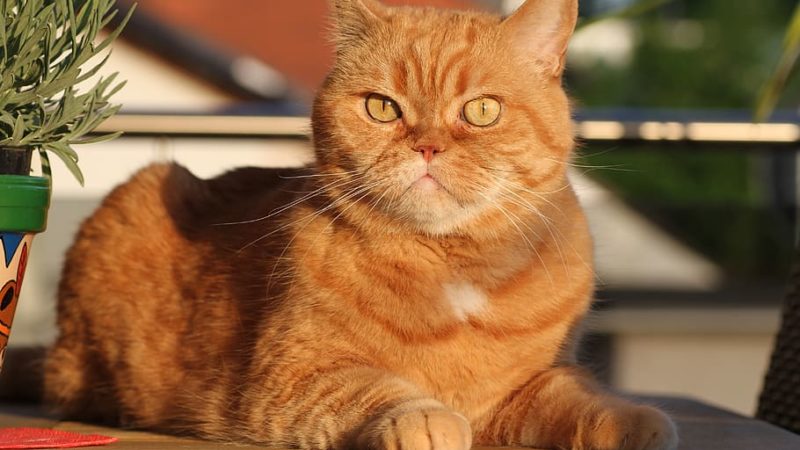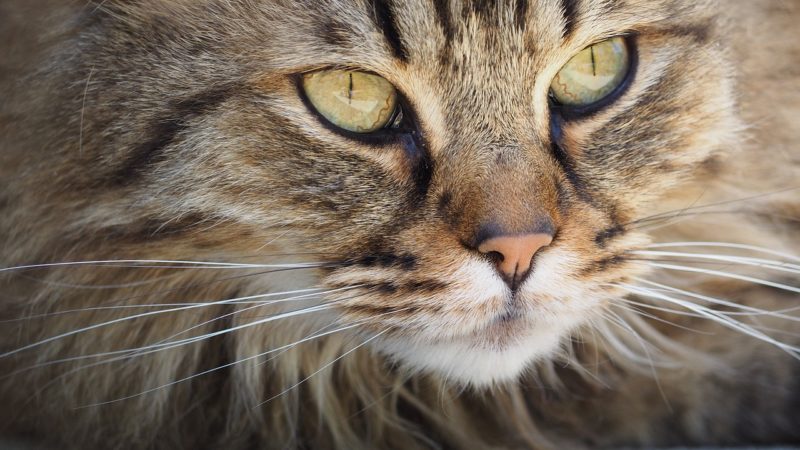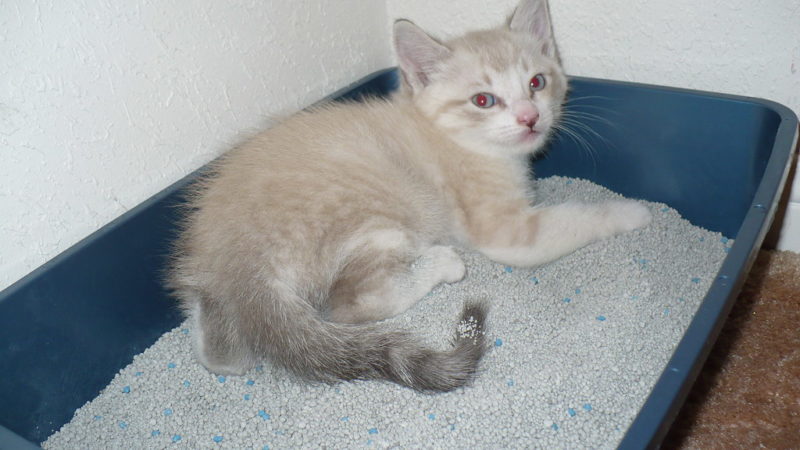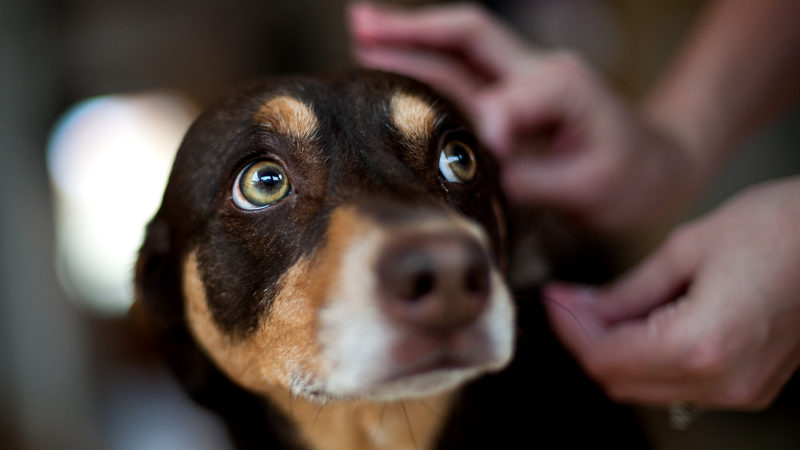Feline Infectious Peritonitis in Cats

Feline Infectious Peritonitis/FIP in cats is a viral disease. Most cats do not get affected by the virus, which causes FIP. But if a cat gets infected and develops the signs of FIP, it will have a tough time living a healthy life. In general, cats with FIP rarely need any treatment and can go on doing great. However, if the level is elevated, then there are several things that you can do to help it get back down to standard and to keep your cat healthy. It is quite hard to diagnose the disease. There are two types of this disease: dry form and the wet form.
What is FIP?
FIP stands for Feline Infectious Peritonitis, which is a disease in cats caused by the feline coronavirus. The feline coronavirus infects a large number of cats worldwide, but only a few of them develop FIP. The mutation of the virus in a cat’s body, when combined with the immune response, leads to FIP. It can cause inflammation in many vital organs. This is not contagious to humans or dogs.
Related : Can Coronavirus Infect Your Cat?
The Signs & Symptoms of FIP
Both the dry form and wet form of FIP have different features. And both are equally hard to diagnose. According to the American Association of Feline Practitioners, it is tough to get an exact diagnosis of the virus with inaccurate test results.
Symptoms of Dry Form of FIP
- Weight loss in cats
- Lack of appetite
- Acute fever
- Depression
- Other symptoms related to organ failure, mostly involves eyes, liver, kidneys, and nervous system

Symptoms of Wet Form of FIP
- Weight loss
- Lack of appetite
- Acute fever
- Depression
- Bloated abdomen due to fluid in the abdomen
- Bloated chest due to accumulation of fluid
- Difficulty in breathing
Causes of FIP
Most often, young cats are at risk of fip infection, but any cat can get infected despite their age. Cats with weak immune systems are more prone to develop FIP. Recent stressful experiences, including surgery, and rehoming, can assist in developing Feline Infectious Peritonitis in cats. When a cat gets in contact with the infected feces, the coronavirus can spread through their nose or mouth.
If cats are sharing the litter boxes, it can aid in the transmission of coronavirus. Only if a cat gets in contact with any other infected cat, it can develop FIP.
How is FIP Diagnosed?
It is quite hard to diagnose Feline Infectious Peritonitis in cats. A biopsy is considered the best method to diagnose the FIP. The samples of tissue from a biopsy are examined with a microscope. Additionally, also, some other tests are conducted to verify the virus.
Clinical signs, blood tests, and examination of the fluid taken from the abdomen or chest cavity are also used to determine the presence of the virus.
Treatment Process
There is still no such treatment for FIP. Getting out that excessive fluid build-up can give temporary relief to the cat. There are medicines out there to stop the multiplication of the virus in the body and to reduce the adverse immune response for the virus. Cats suffering from wet form of FIP succumb to the disease within days to weeks. Cats tend to put up a fight against the dry form for several months.
How to Prevent FIP?
The best way is to avoid exposure to coronavirus, but it is a bit difficult. There is a vaccine developed for the disease, but it lacks evidence to support its effectiveness. The vaccine is given through the nose to prevent the coronavirus from gaining access to the body.
As the vaccine lacks evidence to support its efficiency, it must be given prior to the exposure to the virus to be useful. As most cats do not develop FIP, but it can be used in the shelter homes to minimize the risk. A certified veterinarian can explain the uses of the FIP vaccines.
Final Thoughts
If one of your cats is tested positive for FIP, that does not mean that it can affect one of your healthy cats. But it is a matter of concern if the cats share the same litter box. A qualified vet can let you know the best advice for a house with lots of cats. Feline Infectious Peritonitis in cats is uncommon and must be taken seriously.
Consult your vet as soon as possible if you see any signs of sickness in the pet. It is recommended to make notes of the history of pet diseases so that the veterinarian can help out the pet in critical conditions.
Read more: Dogs and Coronavirus






